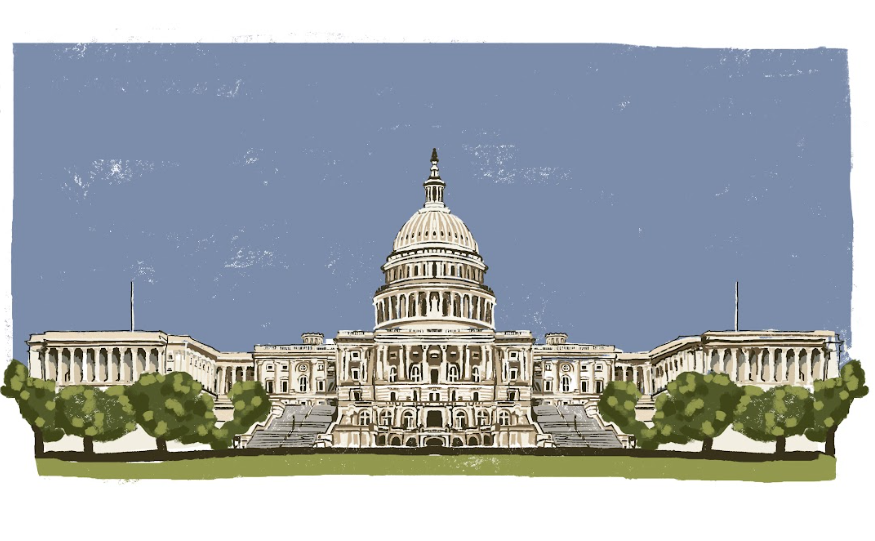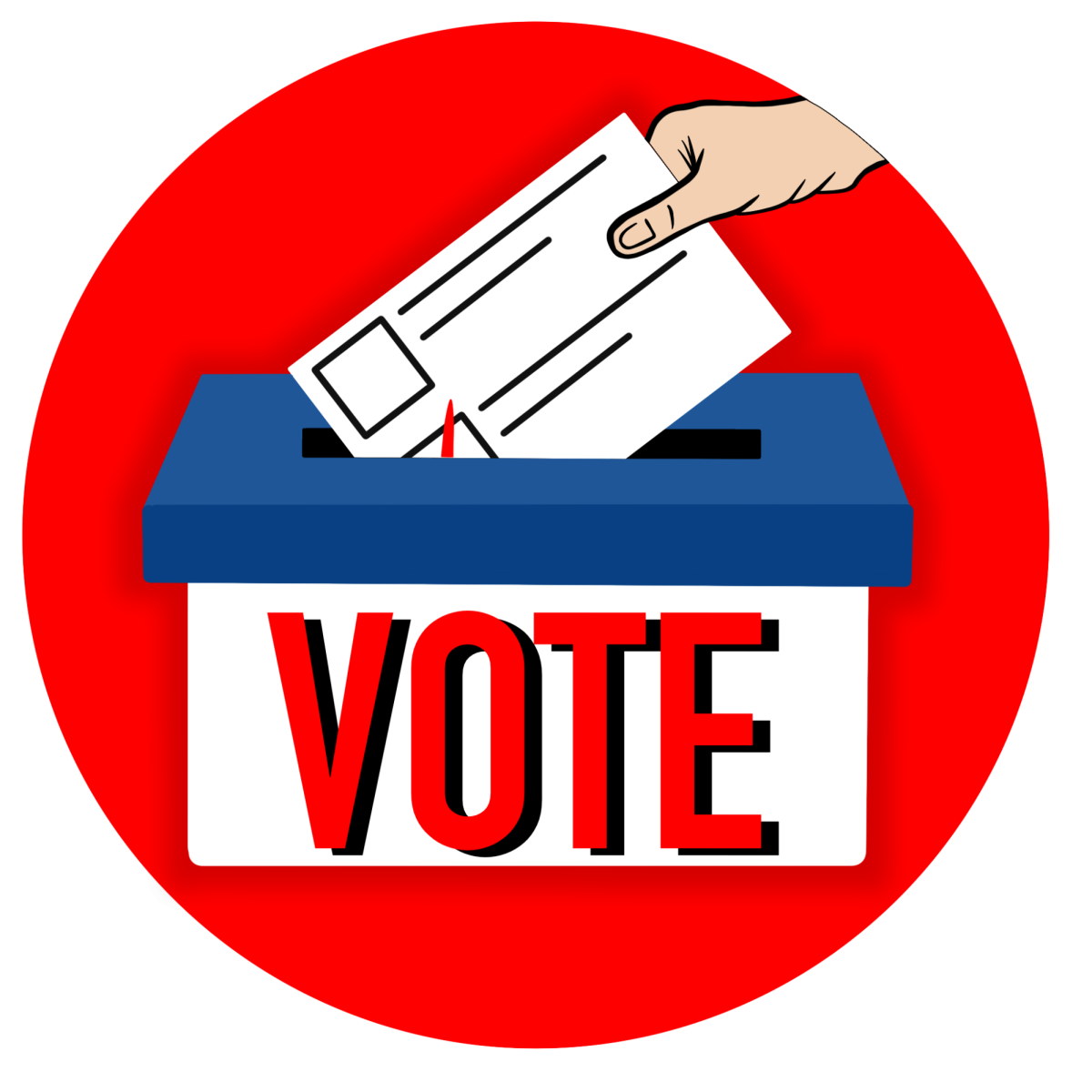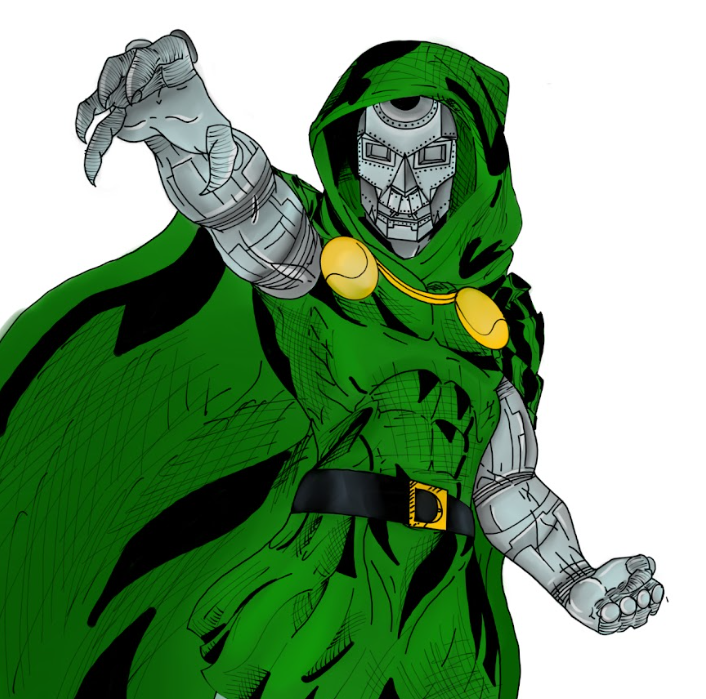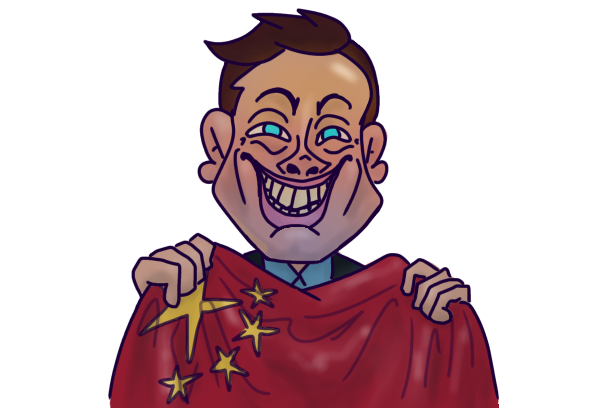As the 2024 Formula One season draws to a close, the 20-driver grid finds itself in conflict with the sport’s governing body, the Federation Internationale de l’Automobile (FIA). FIA President Ben Sulayem has launched a crusade against swearing, urging drivers to limit their use of curse words during race weekends and starting to punish those who swear during press events. This ridiculous dispute alienates drivers from the sport, unnecessarily censors grown adults and distracts from actual problems within F1.
On Sep. 20, during the weekend of the Singapore Grand Prix, Red Bull Racing’s Max Verstappen was penalized by the FIA after he described his car as ‘f-cked’ at a press conference that weekend. His penalty was an “obligation to accomplish some work of public interest,” a vague statement in itself. In retaliation, Verstappen limited his participation in the following press conference and held his own meeting with press officers outside of the official conference room. On Nov. 1, during the weekend of the Sao Paolo Grand Prix, Scuderia Ferrari’s Charles Leclerc was penalized for likewise using the word ‘f-ck’ during the previous weekend’s post-race press conference. At the conference, Leclerc apologized immediately after saying the word, saying “I don’t want to join Max!” His penalty was a fine of €10,000 with €5,000 suspended on the condition that he not repeat the offense in the next 12 months.
The FIA policing their drivers’ language is laughingly contemptible, and the inconsistency in penalties is outright confusing. Although the stewards have yet to start punishing the drivers for the creative collection of swear words they let out while driving, badgering them about how they talk in press conferences sets a bad precedent. Johnny Herbert, ex-driver and one of the stewards responsible for handing out the language penalties complained about the amount of swearing drivers did, citing that the conferences were streamed worldwide. “I don’t want my five-year-old grandchild listening to that sort of language,” he said.
The statement is completely ridiculous, as it is almost certain that no five-year-old is interested in watching the press conferences anyway. Furthermore, educating children about foul language starts in the home; it is not the responsibility of racecar drivers to raise Herbert’s grandchild. Not only that, it is incomprehensible that a parent can take issue with a grown man swearing yet sit with their child in front of a TV every Sunday to watch said man risk his life. Seeing a car twist and burn in a crash is much more traumatizing than hearing the man in the driver’s seat swear. And if parents insist on having their kids consume the sport, they have the choice to watch F1 Kids, a sanitized program of a selected number of races that do not include any swearing and even has cute animations of drivers to entertain kids throughout the race.
“We have to differentiate between our sport — motorsport — and rap music,” Sulayem said in an interview to justify his vendetta against drivers swearing. “We’re not rappers, you know.”
Seven-time World Champion Lewis Hamilton, the first and only Black F1 driver, took offense to his wording. “With what he said, I don’t like how he has expressed it,” Hamilton said, “Saying ‘rappers’ is very stereotypical. If you think about it, most rappers are Black. So it says, ‘We are not like them.’ So I think those are the wrong choice of words and there is a racial element there.”
On Nov. 7, the Formula One Grand Prix Drivers Association (GDPD), released a statement on their Instagram account addressing the situation. While acknowledging that they must abide by the laws and decisions of the governing body even if they disagree, they called out the FIA for their handling of the whole debacle. They questioned the use of driver monetary fines and demanded transparency from Sulayem as to where the funds gathered from these fines were allocated, asserting that “all stakeholders (FIA, F1, the Teams and the GPDA) should jointly determine how and where the money is spent for the benefit of [their] sport.”
The GDPD also called out Sulayem directly for how he has expressed himself concerning drivers’ language, urging him to “consider his own tone and language when talking to [their] member drivers, or indeed about them, whether in a public forum or otherwise.” Further, the GDPD insisted that F1 competitors are grown adults and “do not need to be given instructions via the media” about trivial matters.
It is shameful that the drivers’ time has to be taken up with this nonsensical dispute. The tension between drivers and the FIA President is embarrassing for what is supposed to be the pinnacle of motorsport, even more so because the great majority of fans either do not care about the swearing or outright enjoy it. Not only that, if the FIA escalates its penalties over grown men saying ‘f-ck,’ they risk pushing the drivers out of the sport. Following his penalty, Verstappen said that the FIA’s “silly” penalties could factor in his future in the sport. Verstappen is a three-time World Champion, on his way to win his fourth title at the end of this season. Needless to say, driving away one of the biggest icons of F1 over how he talks would be a bad look for everyone involved.
When it comes to swearing during races, which Herbert admitted would be difficult to curtail considering the high-speed, adrenaline-filled nature of the sport, the critique about children listening can also be dismissed by the fact that F1 can choose what to air during transmission. Typically, they air out the parts of the drivers’ radios that either have information relevant to the race or are entertaining in some way — such as swearing. Neither the teams nor the drivers need their radios to be aired to the public, so if viewers hearing curse words is so controversial, the transmission directors should just stop publicizing it in the first place. But F1 is an entity separate from the FIA, one that clearly does not take issue with swearing as the governing body does.
The sooner Sulayem and the FIA abandon their ridiculous anti-swearing crusade, the sooner drivers can go back to racing and fans back to caring about what really matters — the sport.










